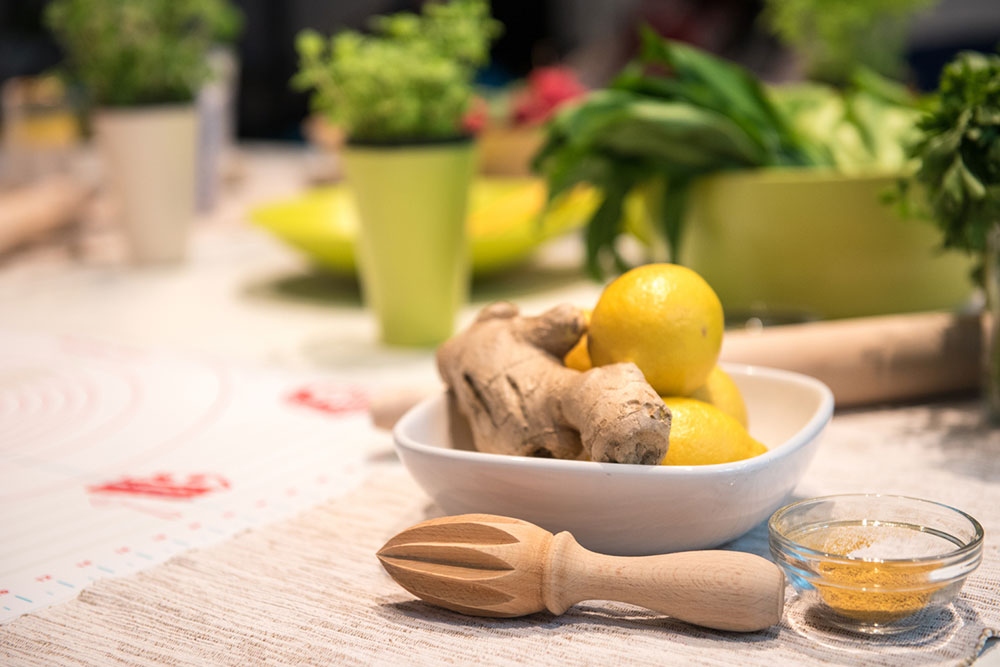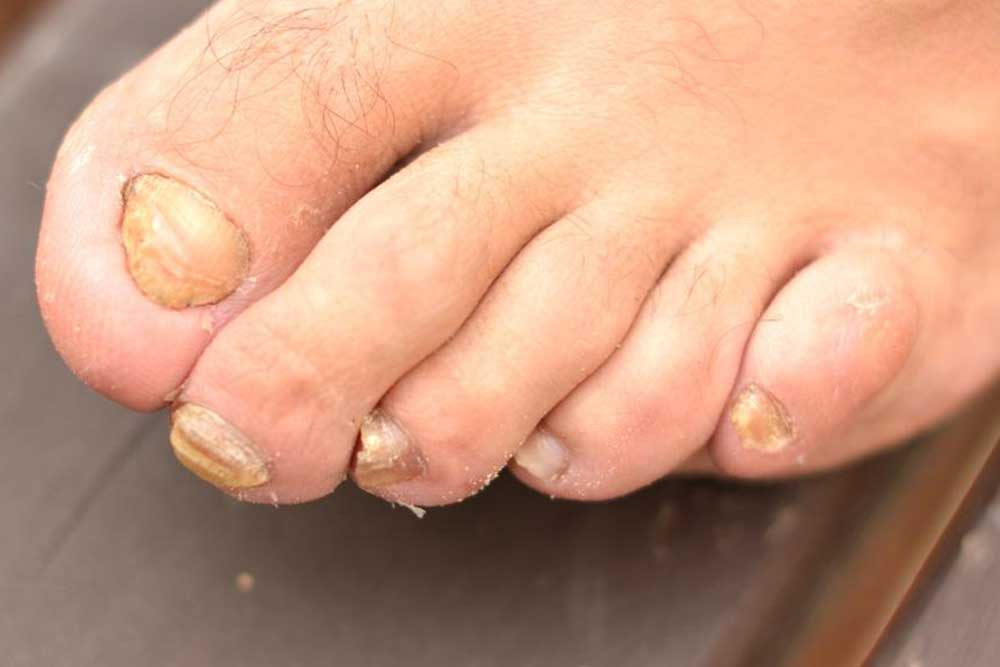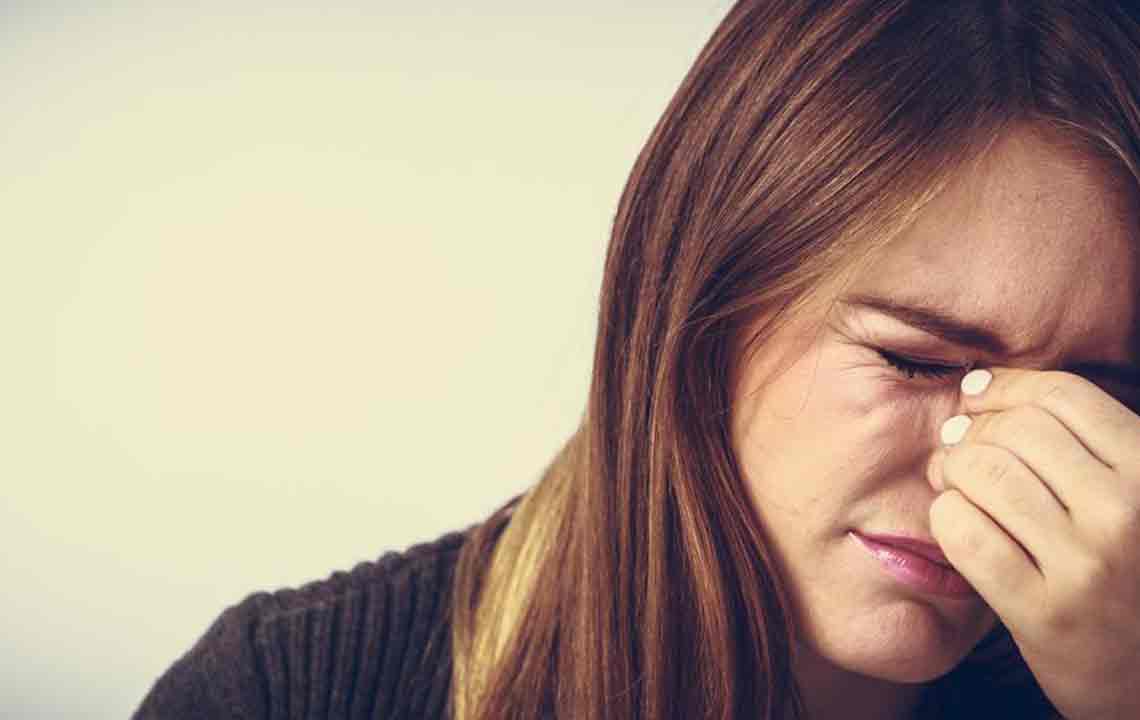Home Remedies and Tips for Managing Hemorrhoids Effectively
Discover effective home remedies and lifestyle tips to alleviate hemorrhoid symptoms. From natural treatments like witch hazel and aloe vera to dietary advice, learn how to manage hemorrhoids safely at home and when to seek medical help for severe cases.

Home Remedies and Tips for Managing Hemorrhoids Effectively
Hemorrhoids, or piles, are swollen blood vessels located around the rectum and anus, caused by increased pressure. They come in two types: internal, inside the rectum, and external, under the skin around the anus. External hemorrhoids tend to cause more pain due to irritation and clotting, leading to discomfort.
Symptoms include itching, swelling, pain, sitting difficulties, painful bowel movements, and potential leakage. Thankfully, many natural and medical solutions are available for home use to ease symptoms.
Recognizing External Hemorrhoids:
Itching or burning around the anal area
Swollen lump near the anus
Soreness when sitting
Pain during bowel movements
Possible fecal leakage
Various natural and procedural remedies can help treat external hemorrhoids effectively:
Witch hazel: A natural astringent that reduces swelling. Dab gently on affected areas with a cotton ball. Avoid alcohol-based formulations to prevent irritation.
Coconut oil: Moisturizes skin and reduces irritation, easing itching and swelling.
Aloe vera: Pure aloe vera gel provides anti-inflammatory relief, calming itching and burning. Use only pure, preservative-free gel.
Cold packs: Wrap ice in a cloth and apply for 15 minutes to decrease inflammation and numb pain.
Warm baths: Soaking in warm water with Epsom salts or apple cider vinegar can soothe symptoms and lessen swelling. Ensure affected areas are immersed sufficiently.
Dietary fiber: Eating more fiber softens stools and promotes easy bowel movements, reducing strain.
Stay hydrated: Drinking plenty of fluids keeps stool soft, minimizing irritation during defecation.
Loose clothing: Choose breathable, loose cotton underwear and clothes to prevent irritation and aid healing.
Bathroom routines: Avoid straining during bowel movements; wait if necessary. Regular routines can improve symptoms.
Gentle wipes: Use soft, alcohol-free wipes or damp toilet paper to clean delicately without irritation.
Medical interventions: For severe cases, treatments like hemorrhoidectomy, laser therapy, or sclerotherapy may be recommended. Consult a healthcare provider if symptoms persist or worsen.
Proper care and awareness are vital to manage external hemorrhoids, reduce discomfort, and facilitate recovery.


